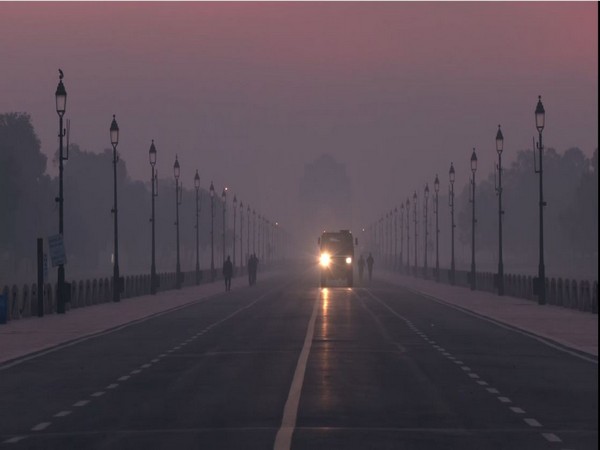CAQM Intensifies Enforcement Actions to Combat Delhi NCR Air Pollution
The Commission for Air Quality Management (CAQM) has undertaken a comprehensive review of measures implemented by NCR States and governments of Delhi and Punjab to control air pollution. Key actions include strict enforcement of environmental regulations, improved waste management, and regular monitoring to address the worsening air quality in the region.

- Country:
- India
The Commission for Air Quality Management (CAQM) recently conducted an in-depth review of sector-specific initiatives by NCR state governments and the authorities in Delhi and Punjab aimed at tackling air pollution. During its 18th meeting, the Sub-Committee on Safeguarding and Enforcement emphasized the importance of strict enforcement measures in the National Capital Region (NCR).
According to CAQM's press release, a thorough assessment highlighted several key directives. These included addressing discrepancies in the number of Environmental Compensation cases versus police reports in Punjab and Haryana and expediting response times for fire incident verifications from 48 to 24 hours.
The Commission stressed the urgency of enforcing the Graded Response Action Plan (GRAP) across Delhi NCR states, with special attention to identified hotspots in Delhi. This includes halting construction dust activities and intensifying inspections. Authorities were instructed to carry out special drives for removing End-of-Life vehicles and ensure compliance with PUC norms, with comprehensive audits of Pollution Under Control centers.
For border control, it was directed that checks for unauthorized vehicles be intensified and road congestion managed efficiently. Collection of overdue Environmental Compensation from violators is to be accelerated, and compliance with Supreme Court directives on brick kilns ensured. Open burning of biomass and municipal solid waste is to be strictly prohibited.
The Commission also emphasized resolving citizen complaints promptly through coordination among agencies. Daily reporting on GRAP actions is mandated, and any failure will attract penalties under CAQM Act provisions. The states of Punjab and Haryana have been tasked with implementing fire prevention measures for stubble burning.
Despite a slight improvement in air quality, Delhi remains engulfed in smog, highlighting the need for ongoing strict enforcement. Implementing agencies are committed to regular reviews and taking effective actions against air pollution across all sectors outlined in GRAP.
(With inputs from agencies.)
ALSO READ
Pioneering Regenerative Foodscapes in Punjab: A Workshop to Cultivate Change
BJP Allegations Stir Tensions Ahead of Punjab Elections
EU Grapples with Syrian Asylum Pause Amid Uncertainty
Debate Over 'One Nation, One Election' Intensifies with Criticism from Punjab CM
Haryana and Punjab Shiver Under Cold Snap










